Youth Sports & Academics: Why Most Kids Quit, and How Our Program Keeps Them Playing and Thriving
Why do so many promising young athletes lose their passion for sports, or quit altogether, by middle school? The reasons might surprise you. At The Athletic Collegiate, we’ve designed our entire program to help kids love sports for life, not just for a season. Here’s what families need to know.
Why Do Most Kids Quit Sports? (The Research)
It’s a statistic that worries many parents: 70% of kids quit organized sports by age 13 (Aspen Institute Project Play). The most common reasons, according to national studies and the National Alliance for Youth Sports, include:
Pressure and burnout from overly demanding schedules
Loss of fun and enjoyment
Fear of failure or not feeling “good enough”
Overemphasis on winning over skill-building
Lack of time due to schoolwork or other commitments
“The #1 reason kids quit sports is because it stops being fun.”
— Aspen Institute Project Play, “Why Kids Quit Sports”
The Role of Academics and Life Balance
Many families ask:
“Can my child really balance school and sports, without burning out?”
The answer is yes, if the right support and structure are in place. Unfortunately, traditional schools often require kids to choose, either sacrifice sports for academics or fall behind in class to keep up with athletics.
According to John O’Sullivan, author of Changing the Game,
“When sports become a source of stress, or are squeezed out by academic pressure, most kids walk away.”
How The Athletic Collegiate Helps Kids Love Sports (and School)
Our hybrid model is specifically designed to keep kids in the game, academically and athletically. Here’s how:
Daily Athletics, Built Into the Schedule:
Kids don’t have to choose between homework and practice. Our half-day program integrates professional tennis training and youth sports as a core part of every day.Learning Coaches and Athletic Trainers, Working Together:
Coaches monitor well-being, prevent overload, and help students find joy and confidence on and off the court.Social-Emotional Learning (SEL) for Athletes:
We teach resilience, goal-setting, teamwork, and how to handle wins and losses, skills that keep kids emotionally healthy and invested in sports.No “One-Size-Fits-All” Pressure:
Whether your child is just starting or already a competitive athlete, we celebrate effort, improvement, and love of the game.
“Social support from coaches, peers, and parents is crucial to keeping kids in sports.”
— Sport for Life: Keeping Kids in Sport
Frequently Asked Questions
Isn’t sports burnout inevitable for serious young athletes?
Not if they’re in the right environment! Our flexible schedule, mentorship, and positive coaching reduce burnout and keep motivation high.
What if my child loses interest in sports?
We focus on helping kids find the sports and activities that excite them, so they’re never forced to specialize too soon or stick with something they no longer love.
Can hybrid education help my child balance academics and athletics?
Absolutely. Our program is designed so your child can excel in both, without late-night homework battles or missed practices.
The Athletic Collegiate Difference
Balanced daily schedule:
Half-day academics, half-day athletics = more energy, less stress.Expert mentorship:
Learning coaches and trainers guide students holistically.Supportive peer community:
Kids make friends, feel connected, and support each other’s growth.Passion for a lifetime:
We help students develop habits and mindsets that keep them active, healthy, and loving sports long after graduation.
Want to see how our model keeps kids playing and thriving? Request an Invite to visit our campus or Contact Us to learn more.
Sources Cited:

